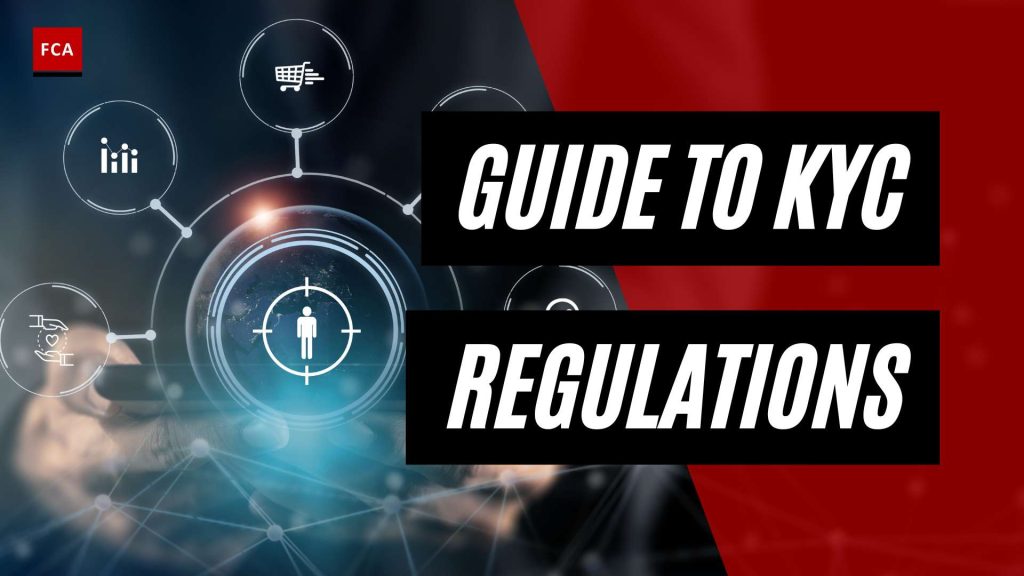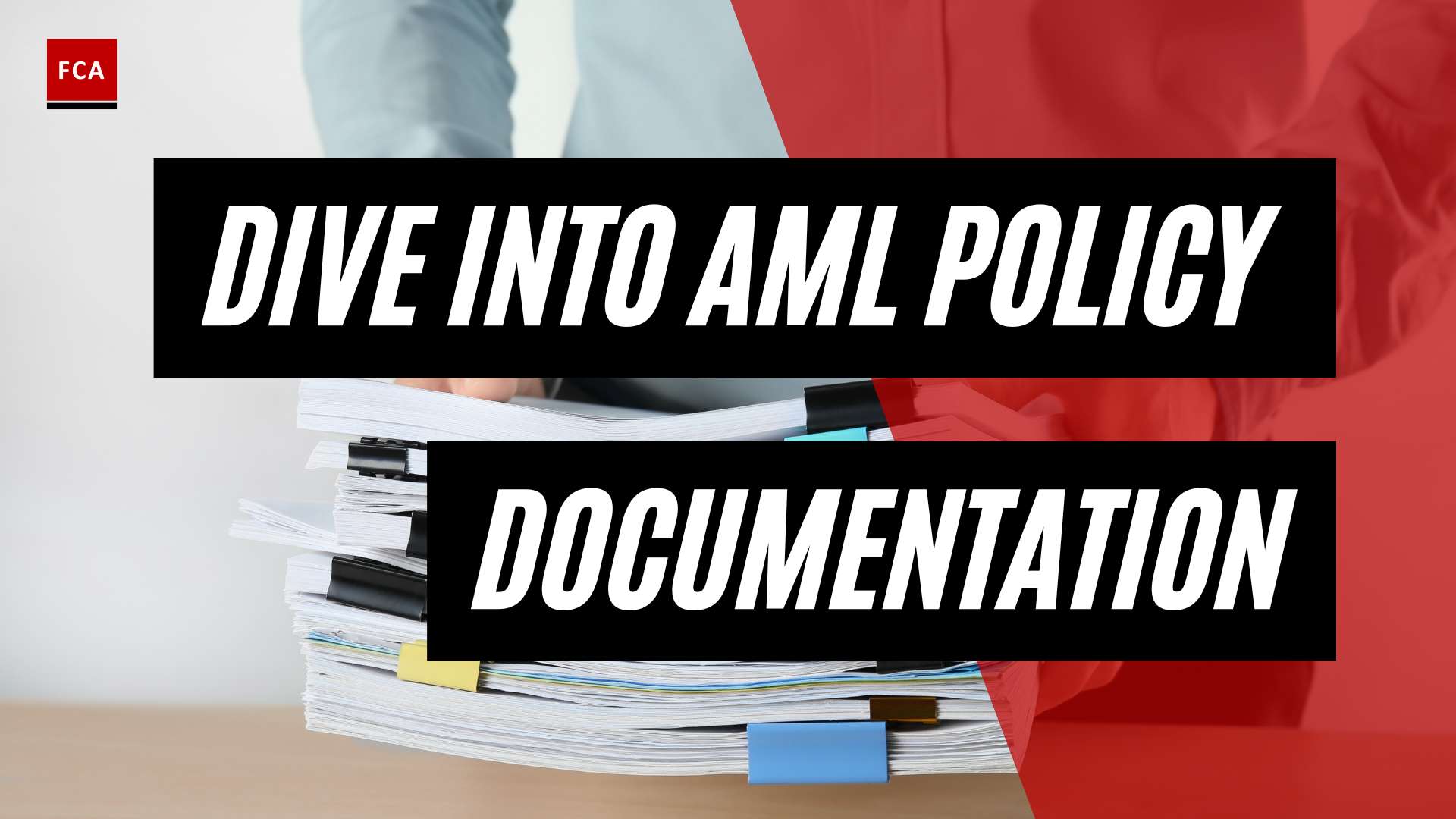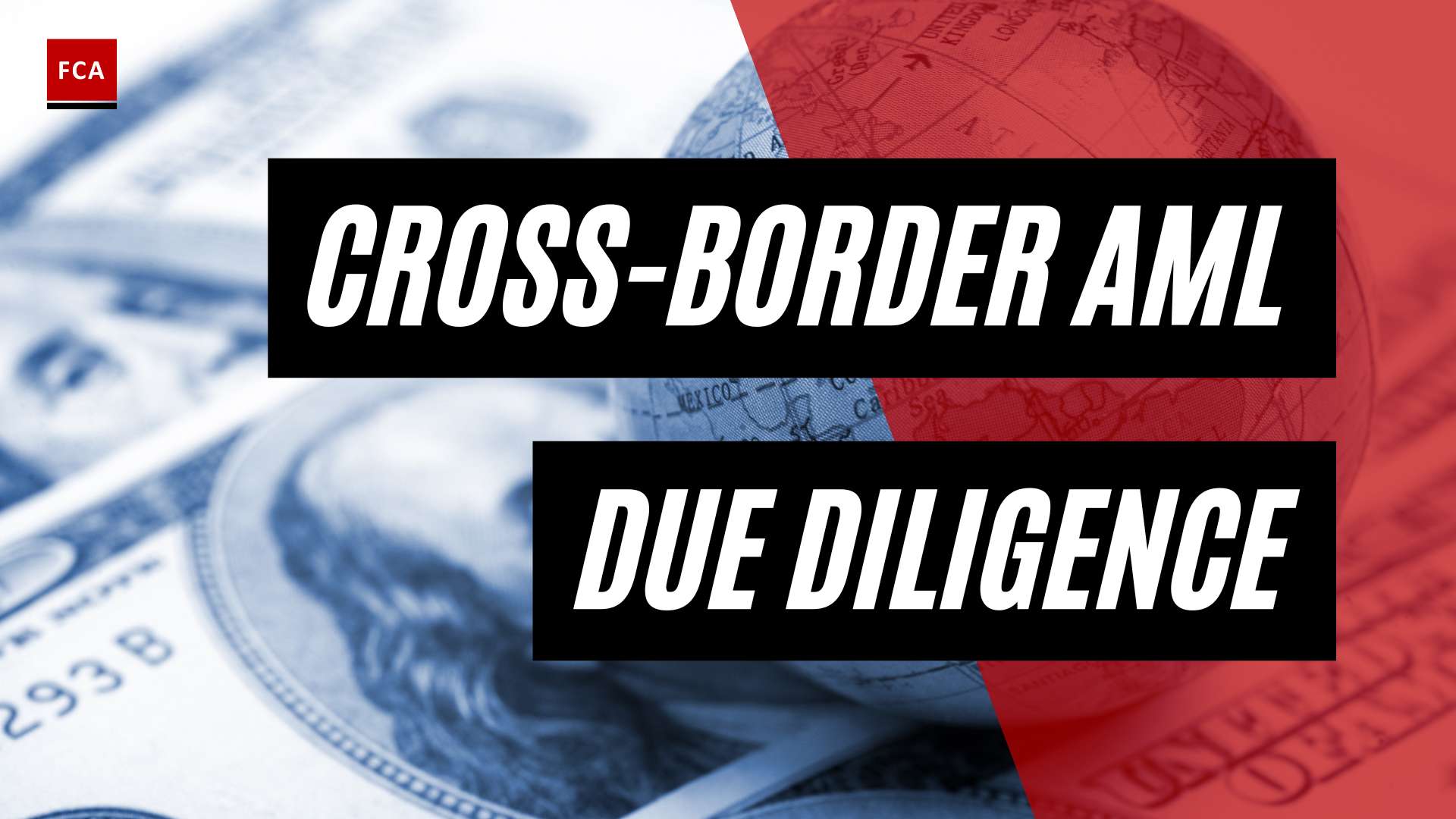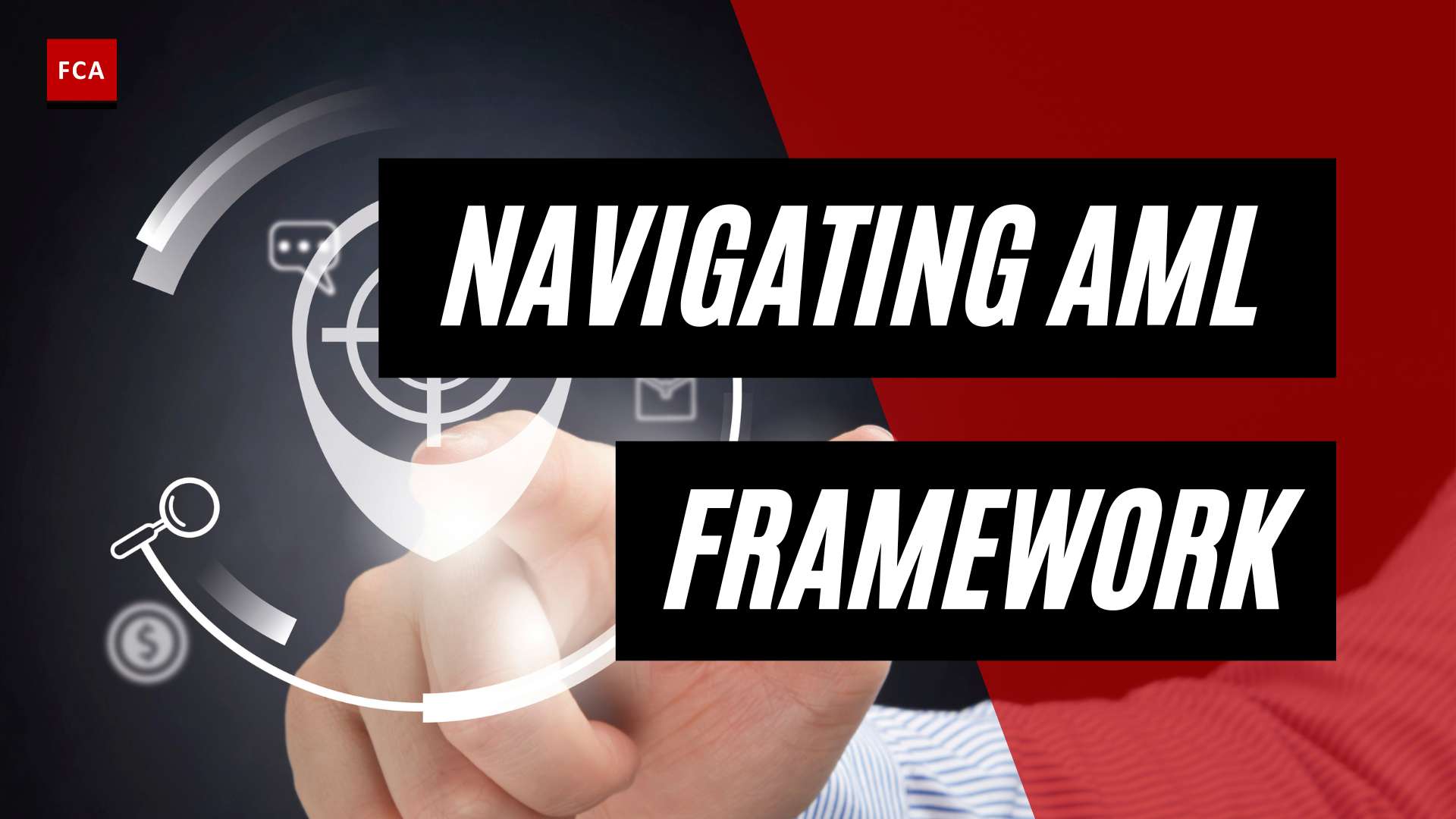Understanding KYC Documentation Requirements
In order to combat money laundering, terrorist financing, and other illicit activities, financial institutions and businesses are required to adhere to Know Your Customer (KYC) regulations. KYC documentation requirements play a crucial role in verifying the identity and legitimacy of customers. Let’s explore the importance of KYC in compliance and its application across different industries.
Importance of KYC in Compliance
KYC requirements have become more stringent globally, aiming to prevent financial crimes within financial institutions. The objective is to collect and maintain detailed information about customers, including their identity, financial position, occupation, source of funds, and investment objectives (Investopedia). KYC procedures are mandatory and apply to various financial services, such as opening bank accounts, investing in securities, and applying for loans (Investopedia).
By implementing robust KYC processes, financial institutions can establish the identity of customers, assess their risk profile, and monitor transactions for suspicious activities. These checks help build trust, safeguard reputation, and mitigate potential financial risks associated with money laundering and fraud. Failure to comply with KYC requirements can result in penalties for financial institutions, including fines, loss of reputation, and legal action.
KYC in Different Industries
KYC requirements vary depending on the industry or geographical region. Certain industries, such as banks, financial services, and transportation, have more stringent requirements compared to others. The following industries commonly implement KYC procedures:
- Personal Finance: Companies providing personal finance services, including lending and wealth management, must comply with KYC regulations to verify the identity and financial suitability of their customers.
- Consumer Payments: Businesses involved in facilitating consumer payments, such as digital banking and payment processors, need to adhere to KYC requirements to ensure the security and legitimacy of transactions.
- Business Finances: KYC processes are crucial for businesses that offer financial services to other businesses, such as invoicing platforms, supply chain finance providers, and business credit services. Proper KYC procedures help mitigate risks associated with fraudulent activities and money laundering.
- Cryptocurrency: The cryptocurrency industry has seen increased KYC regulations to prevent money laundering and illicit activities. Exchanges and platforms dealing with cryptocurrencies are required to implement strong KYC procedures to establish the identity of users and monitor their transactions (Plaid).
By understanding the importance of KYC in compliance and its application across different industries, businesses can adopt appropriate measures to meet regulatory requirements. KYC procedures not only help prevent financial crimes but also foster trust and transparency in financial transactions.
Types of KYC Documents
When it comes to ensuring compliance and preventing fraud, organizations across various industries, including financial services, car rental, and gambling, require customers to provide specific types of documents for know your customer (KYC) verification. These documents serve to establish the identity of the customer and build trust while adhering to KYC regulations. The specific KYC documentation requirements can vary depending on the industry or geographical region.
Identity Verification Documents
Identity verification is a crucial aspect of KYC compliance. Organizations typically require customers to provide documents that contain their full name, date of birth, address, photo, and relevant document number(s) and expiration date. These documents serve as proof that the customer is a real person eligible for the services provided by the institution (Onfido).
Commonly accepted identity verification documents include:
- Passport: An internationally recognized document that provides proof of identity and nationality.
- Driver’s License: A government-issued document that verifies a person’s identity and authorizes them to drive.
- National Identity Card: A government-issued identity card that serves as proof of citizenship.
- Social Security Card: A document issued in some countries that verifies an individual’s social security number and identity.
- Voter ID Card: A government-issued card that allows individuals to vote in elections and serves as proof of identity.
Address Verification Documents
Address verification is another important aspect of the KYC process. Organizations require customers to provide documents that confirm their residential address. These documents help establish the customer’s physical presence and ensure that they are associated with the provided address.
Commonly accepted address verification documents include:
- Utility Bills: Documents such as electricity bills, water bills, or gas bills that display the customer’s name and address.
- Bank Statements: Official statements issued by a bank or financial institution that display the customer’s address.
- Lease or Rental Agreement: A legal document that outlines the terms of a lease or rental agreement, confirming the customer’s residential address.
- Government-issued ID with Address: Some identity verification documents, such as driver’s licenses or national ID cards, also include the customer’s address.
Additional Supporting Documentation
In addition to identity and address verification documents, organizations may also request additional supporting documentation as part of the KYC process. These documents provide further evidence to support the customer’s identity and financial status.
Examples of additional supporting documentation include:
- Proof of Income: Documents such as pay stubs, tax returns, or bank statements that demonstrate the customer’s income level.
- Proof of Employment: Employment verification documents, including employment letters or contracts, to confirm the customer’s current employment status.
- Financial Statements: Statements from financial institutions that provide an overview of the customer’s assets, liabilities, and net worth.
- Business Documents: For corporate customers, documents such as business licenses, articles of incorporation, or partnership agreements may be required to establish the identity of the company.
By collecting and verifying these types of documents, organizations can fulfill their KYC obligations and comply with regulatory requirements. Digital identity verification solutions can streamline the KYC process, making it more efficient and secure while reducing manual errors. It is important for organizations to have robust AML compliance solutions in place to ensure the accuracy and reliability of the KYC documentation process.
KYC Compliance and Financial Institutions
Financial institutions play a critical role in implementing and enforcing Know Your Customer (KYC) compliance measures. These measures are designed to prevent money laundering, terrorist financing, fraud, and other financial crimes. In this section, we will explore the KYC requirements for financial institutions and the regulatory framework that guides their compliance efforts.
KYC Requirements for Financial Institutions
KYC procedures are mandatory for a range of financial services, including opening bank accounts, investing in securities, applying for loans, and more. Financial institutions are required to follow specific guidelines to ensure compliance with KYC regulations.
The key components of KYC requirements for financial institutions include:
-
Customer Identification Program: Financial institutions must establish and maintain a customer identification program (CIP) to verify the identity of their customers. This typically involves collecting and verifying customer information, such as name, address, date of birth, and identification documents.
-
Risk Assessment: Financial institutions are required to conduct a risk assessment of their customers to determine the level of due diligence required. This involves assessing factors such as the customer’s location, nature of business, and the potential risk of money laundering or terrorist financing.
-
Ongoing Monitoring: Financial institutions must establish procedures for ongoing monitoring of customer accounts to detect and report suspicious activities. This includes monitoring transactions, conducting periodic reviews, and updating customer information.
By implementing robust KYC procedures, financial institutions can better understand their customers, their financial activities, and the risks involved. This helps prevent financial crime and ensures compliance with regulatory obligations.
Regulatory Framework for KYC Compliance
KYC compliance is governed by various regulatory bodies and legislation. These frameworks provide guidelines and regulations that financial institutions must adhere to. The specific requirements may vary depending on the jurisdiction, but the core objective remains the same – to ensure financial institutions know their clients, their financial activities, and the risks involved to prevent financial crime.
For example, in Canada, the Financial Transactions and Reports Analysis Centre of Canada (FINTRAC) is the regulatory authority responsible for overseeing compliance with the Proceeds of Crime (Money Laundering) and Terrorist Financing Act. Financial institutions in Canada must comply with the regulatory requirements set forth by FINTRAC. Failure to comply with these requirements can result in penalties, including fines, loss of reputation, and legal action (FINTRAC).
Similarly, other jurisdictions have their own regulatory bodies and legislation that financial institutions must adhere to. It is essential for financial institutions to stay updated with the regulatory landscape and ensure their compliance programs align with the applicable requirements.
By adhering to the regulatory framework and implementing effective KYC compliance measures, financial institutions can mitigate the risks associated with money laundering and terrorist financing. They can also contribute to maintaining the integrity of the financial system and safeguarding against financial crimes.
Benefits of Digital KYC Solutions
As technology continues to advance, the digital transformation of KYC (Know Your Customer) processes has revolutionized the way businesses verify customer identities and ensure compliance with regulations. Digital KYC solutions offer numerous advantages over traditional manual methods, providing a more efficient and streamlined approach to customer onboarding and verification.
Digital Transformation of KYC Processes
The rise of digital technology has transformed KYC processes, enabling businesses to conduct identity verification and due diligence online. This shift towards digital KYC solutions has streamlined the customer onboarding process, reduced operational costs, and improved the overall customer experience while ensuring compliance with KYC regulations and data protection laws.
Automation plays a crucial role in the digital transformation of KYC processes. By leveraging advanced technologies like artificial intelligence (AI) and machine learning, digital KYC solutions can enhance the accuracy, speed, and risk assessment capabilities of the compliance process. These technologies enable efficient data analysis, fraud detection, and risk profiling, making the KYC process smoother and more effective for financial institutions.
Advantages of Digital KYC Solutions
-
Faster and Efficient Onboarding: Digital KYC solutions allow for faster and more efficient customer onboarding, reducing the time and effort required for manual document verification. By automating the process, businesses can perform real-time verification and authentication, ensuring a seamless onboarding experience for customers. This leads to improved customer satisfaction and increased operational efficiency for financial institutions.
-
Enhanced Fraud Detection: Digital KYC solutions leverage advanced technologies like biometrics and AI to ensure the accuracy and reliability of customer data. Real-time verification and authentication of customer identities enable financial institutions to detect and prevent fraud more effectively. By analyzing various data points and patterns, these solutions can identify suspicious activities and potential risks, protecting both the institution and its customers.
-
Cost and Time Savings: Automation of KYC processes can significantly reduce manual errors, increase efficiency, and ensure regulatory compliance, leading to cost savings for financial institutions. By eliminating the need for physical paperwork and manual checks, digital KYC solutions eliminate the associated costs and time delays. This allows businesses to allocate resources more effectively and focus on other critical areas of their operations.
-
Improved Regulatory Compliance: Digital KYC solutions provide a robust framework for ensuring compliance with KYC regulations and data protection laws. By automating the process, businesses can maintain a comprehensive and auditable record of customer interactions, document verification, and risk assessments. This transparency helps institutions demonstrate compliance during audits and regulatory examinations, reducing the risk of penalties and reputational damage.
In summary, digital KYC solutions offer significant benefits for businesses in terms of efficiency, fraud detection, cost savings, and regulatory compliance. The digital transformation of KYC processes has revolutionized the way customer identities are verified, providing a more seamless and secure experience for both financial institutions and their customers. By leveraging advanced technologies, businesses can stay ahead in the evolving landscape of compliance and ensure a smooth customer onboarding journey.
Ensuring KYC Compliance
To maintain compliance with KYC regulations and prevent illegal activities such as money laundering and identity theft, organizations must adhere to stringent KYC procedures and exercise due diligence. Failing to comply with KYC requirements can result in severe consequences, including reputational damage, financial penalties, and legal repercussions.
KYC Procedures and Due Diligence
KYC procedures are designed to establish the identity of customers, assess their risk profiles, and monitor transactions for suspicious activities. By implementing robust KYC measures, businesses and financial institutions can mitigate the risk of being involved in illicit activities and maintain compliance with legal requirements (Shuftipro).
Key steps involved in KYC procedures include:
-
Customer Identification: Businesses must verify the identity of their customers by collecting specific documentation. For individuals, this may include a government-issued ID (such as a passport or driver’s license) and a proof of address (like a utility bill). For businesses, KYC documents often consist of business registration certificates, ownership information, and financial statements (Shuftipro).
-
Risk Assessment: Financial institutions and businesses need to assess the risk profiles of their customers to determine the level of due diligence required. This involves evaluating factors such as the customer’s source of funds, business activities, and jurisdiction of operation. Higher-risk customers may require enhanced due diligence measures, such as ongoing monitoring of transactions and additional verification steps.
-
Transaction Monitoring: Effective KYC compliance involves ongoing monitoring of customer transactions to identify any suspicious activities. This includes analyzing transaction patterns, identifying unusual behavior, and reporting any potentially illicit transactions to the appropriate authorities. A robust AML transaction monitoring system is essential for detecting and preventing money laundering and other financial crimes.
Risks of Non-Compliance and Penalties
Non-compliance with KYC regulations can have serious consequences for businesses and financial institutions. Regulatory bodies have the authority to impose penalties and sanctions for failure to comply with KYC requirements. For example, in Canada, the Financial Transactions and Reports Analysis Centre of Canada (FINTRAC) can issue administrative monetary penalties (AMPs) to reporting entities that do not comply with the Proceeds of Crime (Money Laundering) and Terrorist Financing Act.
The risks and penalties associated with non-compliance may include:
-
Reputational Damage: Failure to comply with KYC regulations can result in reputational damage, eroding customer trust, and negatively impacting the reputation of the organization.
-
Financial Penalties: Regulatory authorities can impose significant financial penalties on entities that fail to meet KYC requirements. These penalties may vary depending on the severity of the non-compliance and can range from monetary fines to the suspension or revocation of licenses.
-
Legal Repercussions: Non-compliance with KYC regulations may lead to legal action, including criminal charges or civil lawsuits. Authorities can disclose information to law enforcement agencies for investigation and prosecution of non-compliance offenses under applicable laws (FINTRAC).
To avoid such risks, organizations must prioritize KYC compliance, implementing robust procedures, conducting thorough due diligence, and staying updated with the evolving regulatory landscape. By doing so, businesses can protect themselves from financial crimes, safeguard their reputation, and contribute to the overall integrity of the financial system.









